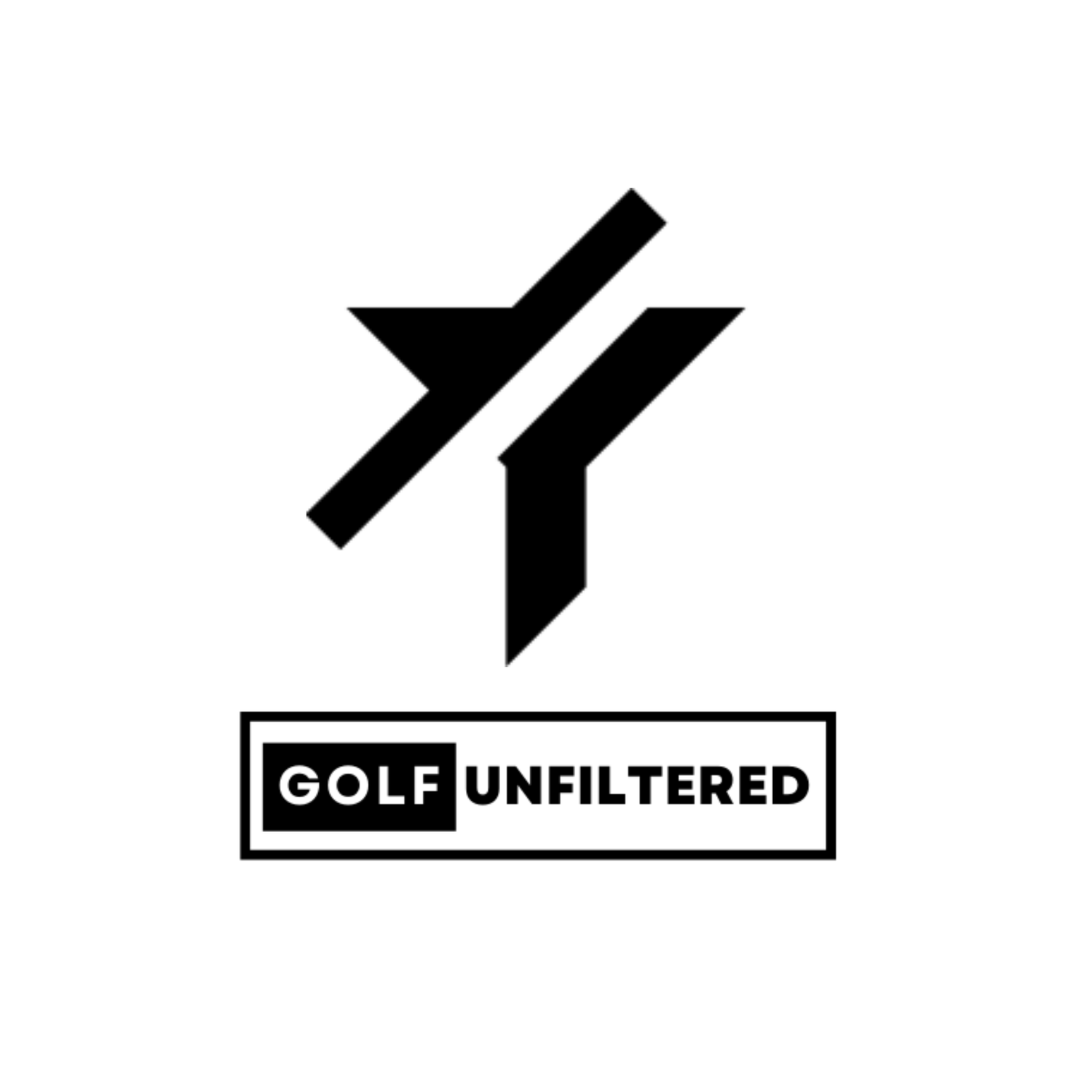Brooks Koepka and the Man in the Mirror
Before playing in his last NBA Finals in 1998, Michael Jordan was interviewed by the late, great Stuart Scott. In that interview, Scott mentions an event that occurred after Jordan had won his fifth NBA MVP, in which the former Chicago Bulls legend scored 40 points in his very next game.
Jordan told Scott that he felt he needed to prove that he deserved the MVP votes he received, to which Scott questioned why Jordan felt the need to prove anything to anyone at this stage in his career.
“If I feel that way,” Jordan replied, “then why am I competing?”
Following the February 15th debut of the new Netflix series, Full Swing, those of us who binged all eight episodes immediately contemplated each of the players profiled. While long-time pro golf fans likely have solidified opinions on the likes of Dustin Johnson, Rory McIlroy, Jordan Spieth and Justin Thomas, lesser-known players like Sahith Theegala, Mito Pereira, and even Joel Dahmen will receive accolades for their openness.
One player, however, stood out above the others to me not because of an astounding revelation, but rather a glimpse into his self-imposed battle off the golf course and a yearning to compete against the best:
Brooks Koepka.
When Team GU interviewed Full Swing executive producer Chad Mumm in January, he teased that Koepka may be the most polarizing in the series. If you had a strong opinion about him one way or another, that opinion would either change or be further solidified.
Koepka’s profile is the subject of the second episode, balancing time between his on-course struggles in 2022 and coping with them while at home with his then-fiance, Jena Sims. Including an impressive shot of his Air Jordan sneaker collection, the backdrop of Koepka’s home life is an incredible house in Jupiter, Fla. Much of the footage includes Sims showcasing wardrobe options for upcoming nuptial events, soaking in an infinity pool, and playing fetch with their dog all while Koepka seemingly stares off into space.
We later learn that Koepka toils with an ever-present inner critic, causing him to obsess over his golf swing even while listening to Sims talk; an admission that Koepka doesn’t take lightly and acknowledges that he’d rather avoid.
It becomes clear that this obsession turns into something darker for the four-time Major winner as he reminisces on his early golf days. Contrary to the “stars” of episode one in Spieth and Thomas, Koepka acknowledges that he was never on their same level during their shared junior golf days. Driven by his desire to compete and to win, Koepka seeks a career in pro golf, despite a constant struggle with his game and an equally deep desire to silence his doubters.
We are also reminded of Koepka’s path to the PGA TOUR via the European Tour, where he played all of his pro golf early in his career. This was his choice, again attempting to balance a desire to prove something to others despite an inner conflict with self-doubt en route to achieving a dream.
Later, after achieving status on the PGA TOUR, the conversation shifts to his ability to win. Which he does, repeatedly. The question then becomes whether he can capture a Major. He eventually wins four.
Driven by his self-proclaimed desire to compete, Koepka remains thirsty for more. In his episode, we are reminded of his run at the 2022 Waste Management Phoenix Open and ultimately falling short to Scottie Scheffler when Koepka’s game takes a turn. A scene that follows includes Koepka, sitting in his kitchen with Sims and a few friends, openly admitting that he cannot compete with “guys like Scottie” who can shoot 63 on any day.
To me, it was at this moment that Brooks began to realize he is reaching a turning point in his career, if he hasn’t done so already.
In the hours that followed the Full Swing release, Alan Shipnuck of the Fire Pit Collective published an “Ask Alan” article that includes a rumor on Koepka’s possible “buyers remorse” about joining LIV Golf. The move, which is somewhat glossed over in the Netflix episode presumably due to production deadlines, could be seen as yet another attempt by Koepka to find his way.
Like Jordan, whom Koepka mentions is a hero of his, it would seem both are constantly on the search to prove themselves to doubters and supporters alike. If seeking validation is a disease or disorder of some sort, it seems greatness is not an antidote. Perhaps nobody is immune.
However, in contrast to Jordan, Koepka’s battle with self-doubt is a budding irony. Many a great athlete have made careers out of playing with a chip on their shoulder, but at some point you run out of people to prove wrong. At some point, all that’s left is yourself. This is a reality that thrives on self-doubt.
To me, it would seem Koepka is well aware of this irony. He knows his truth, and he doesn’t like what he sees.
Where Brooks Koepka chooses to play professional golf is entirely his to make. That much we know for certain. What remains unknown, perhaps even to Brooks, is why he’ll choose to keep doing so.
